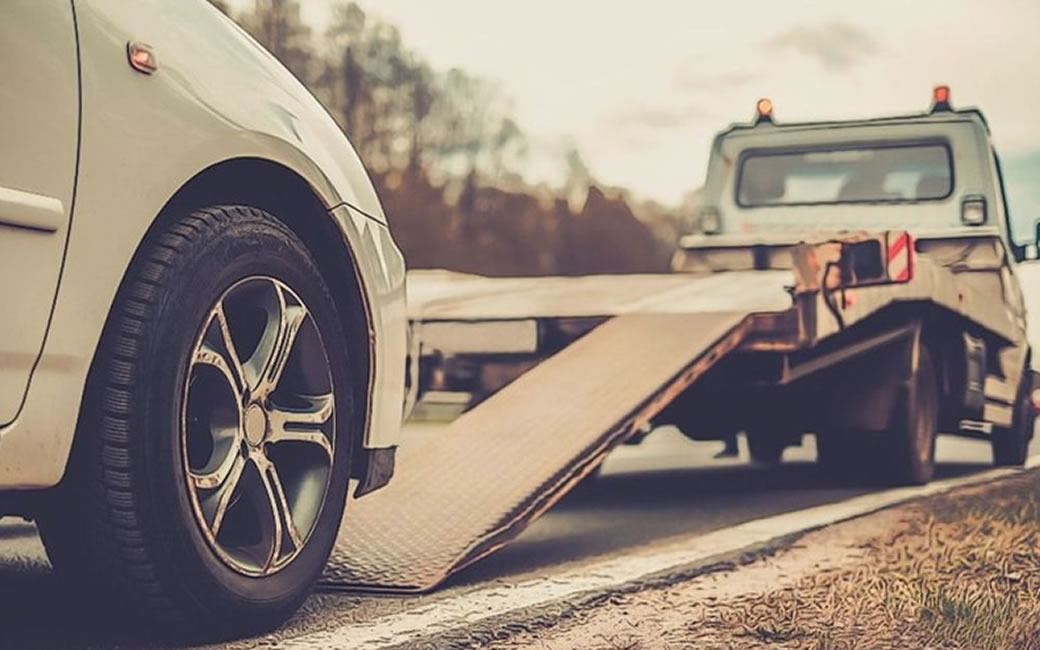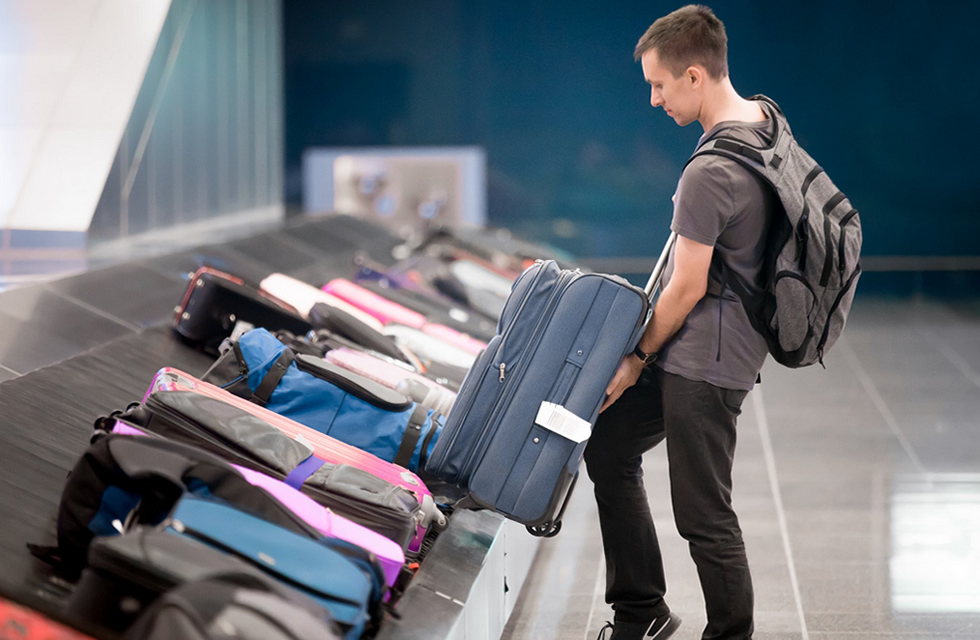Embarking on a road trip through Africa is an exciting and adventurous way to experience the continent’s diverse landscapes, cultures, and wildlife. However, it comes with its own set of challenges, including unpredictable weather, rugged terrain, and limited access to services in remote areas.
One of the key concerns for travelers is the possibility of car breakdowns, which can be more common in certain regions. To ensure a smooth and enjoyable African road trip, it’s essential to plan ahead and take proactive steps to avoid issues that might derail your adventure. They say prevention is better then cure try these four tips you will not regret going on road trip to Africa.
Know Your Vehicle
Before hitting the road, it is crucial to understand your vehicle inside and out. The first step is to familiarize yourself with the car’s manual, which contains valuable information about its maintenance schedule, specifications, and troubleshooting tips. Knowing when your car is due for routine maintenance, such as oil changes, tire rotations, and brake inspections, can prevent major issues during your trip.
And if you are renting a vehicle, make sure to inspect it thoroughly before you begin your journey. Check the tire pressure, oil levels, and battery condition, and ensure that the spare tire is in good condition. Additionally, familiarize yourself with basic vehicle functions, such as how to check fluid levels, how to change a flat tire, and how to operate emergency features like hazard lights and wipers. This knowledge can help you address small problems before they turn into big ones and give you more confidence on the road.
Carry A Spare Fuel Canister
In many remote areas of Africa, fuel stations can be few and far between. You might find yourself in a situation where the nearest station is miles away, and running out of fuel could leave you stranded in the middle of nowhere. To avoid this situation, always carry a spare fuel canister with you. A full canister of fuel can be a lifesaver in emergencies and allow you to reach the nearest station without the stress of running on empty and ensure that it is stored properly in a secure, leak-proof container. Additionally, be aware of the weight of the extra fuel, as it may impact your vehicle’s handling.
Know the Emergency Numbers
In case of an emergency, it’s important to know who to call for help. Whether it’s for a roadside breakdown, a mechanical issue, or an accident, having local emergency numbers on hand can make a big difference. Different countries in Africa may have different numbers for ambulance services, roadside assistance, and mechanics. Before setting off on your trip, make sure to research the areas you will be traveling through and write down emergency contact details for the regions you will visit.
It’s also a good idea to keep the number of your vehicle rental company (if applicable) and any other emergency contacts in a place where you can easily access them. In some remote areas, help might take longer to arrive, so knowing the right contacts can speed up the process and ensure that you get assistance as quickly as possible.
Carry an Emergency Kit
No matter how well-prepared you are, it’s always a good idea to have an emergency kit with you, especially when traveling through areas where help may be far away. An emergency kit can be a lifesaver if you’re stranded in a remote location or need to address unexpected issues on the road. A well-stocked emergency kit should include; First-Aid Supplies, Flashlight, Extra Wate, Snacks, Power Bank
Be Aware of Road Conditions
While not directly related to car breakdowns, planning your route is an important part of long-term road trip preparation. Familiarize yourself with the roads and regions you will be traveling through. Some areas of Africa have poorly maintained roads or challenging terrain, which could increase the likelihood of breakdowns or accidents.
Research your route in advance and consider alternate routes in case of road closures or unforeseen obstacles. Pay attention to the weather forecast as well, since rain or storms can make certain roads impassable. If possible, try to stick to well-travelled highways or roads that are known to be in good condition. In case of a breakdown, knowing the surrounding area and having a general understanding of where you are can help you navigate more effectively.
Conclusion
Lastly, long drives can be exhausting. You may start out feeling great, but after five or so hours, you will likely begin to feel strained. So plan out your trip carefully starting with the night before. Ensure you get seven to eight hours of sleep. Plan breaks to eat, drink, and rest. Consider taking turns with other drivers when possible. And don’t push yourself beyond what’s comfortable, as drowsy driving can be very dangerous. Always remember that planning is key, and the more you prepare in advance, the better you will be able to handle unexpected challenges. With this mindset, you can enjoy a smooth and stress-free road trip through one of the most beautiful and diverse continents in the world. Safe travels!






